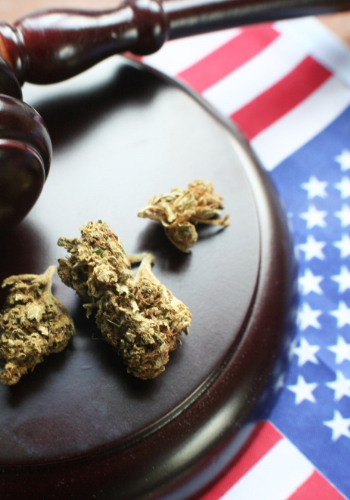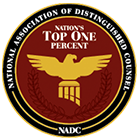Study Suggests California Laws Target the Homeless
The 2008 recession forced many into homelessness—many who never thought they’d find themselves in that situation. Between December 2007 and June 2009, the number of homeless people increased by 3 percent and homeless families by 4 percent nationwide.

The nature of homelessness itself makes it difficult to get an accurate number of how many homeless people America has. But we do know that there are approximately 49,933 homeless veterans any given night, according to the National Coalition for Homeless Veterans. As if that wasn’t bad enough, the NCHV reports that 1.4 million other veterans are considered at risk of homelessness, due to poverty, lack of support networks and terrible living conditions in substandard or overcrowded housing.
These are people who laid down their lives for our country, serving in World War II, the Korean War, Cold War, Vietnam War, Grenada, Panama, Lebanon, Persian Gulf War, Afghanistan and Iraq (OEF/OIF), and the military’s anti-drug cultivation efforts in South America. Don’t we owe it to them to make sure they get the proper care, support and housing they need when they return?
Many homeless people are dealing with mental illness, addiction or other conditions which prevent them from keeping a job. Many just are unable to get themselves back into housing, a stable job or rehab.
But we do know, thanks to a recent study by the UC Berkeley School of Law Policy Advocacy Clinic, that almost 60 cities in California have enacted hundreds of laws that single out or disproportionately effect homeless people. No, these are not laws left over from earlier times, like when California had its “Anti-Oakie” law. (That was struck down by the Supreme Court in 1941.) These are all new laws that been enacted since 1990. Although Los Angeles and San Francisco are the cities with the highest number of these laws, at 23 each, the average California city studied has nine of such laws, which is a much higher average than the study found in other states.
What kind of laws are these? Ones that criminalize basic life activities that are conducted in public. Do you think a man in a business suit taking a nap in a park would be arrested for resting in public? Probably not. But a homeless person would likely be arrested for the same behavior, as well as standing and sleeping. Even sharing food with homeless people is a crime.
According to reports from police agencies sent to the FBI, over 7,000 Californians were picked up for vagrancy in 2013, and vagrancy arrests rose 77 percent in California between 2000 and 2012. To show how vagrancy laws are being used to punish people’s residency status rather than their behavior, arrests for drunkenness and disorderly conduct declined by 16 percent and 48 percent respectively. According to the study’s analysis, the arrest patterns in San Francisco, Sacramento and San Diego show that these laws are being selectively enforced—targeting homeless people.
These statistics are backed up by reports from the Western Regional Advocacy Project, an organization which tracks street outreach as well as surveying thousands of homeless people in California since 2010. The reports show that four out of five homeless people report having been harassed, cited or arrested for sleeping in public, sitting or lying down. But in most instances, homeless people report that they are harassed by police or private security without any reference to a specific law.
A Homeless Bill of Rights was almost passed in 2013, one that would have blocked the enforcement of local laws criminalizing activities unavoidable for those without shelter. And even if one is passed, what are we doing about the situations that have forced these people onto the streets in the first place? As the L.A. Times put it in January: Finally, housing for homeless veterans will be available at the West Los Angeles Veterans Administration facility.
As we start our Memorial Day Weekend, let’s remember why we have this day off—to celebrate the men and women who have and continue to serve our country to protect our freedoms. The Law Offices of Glew & Kim salute our service members, and thank them for their service.
If you’ve been arrested and need help with your case, call us for a free case evaluation: 714-648-0004 or 714-713-4525.














